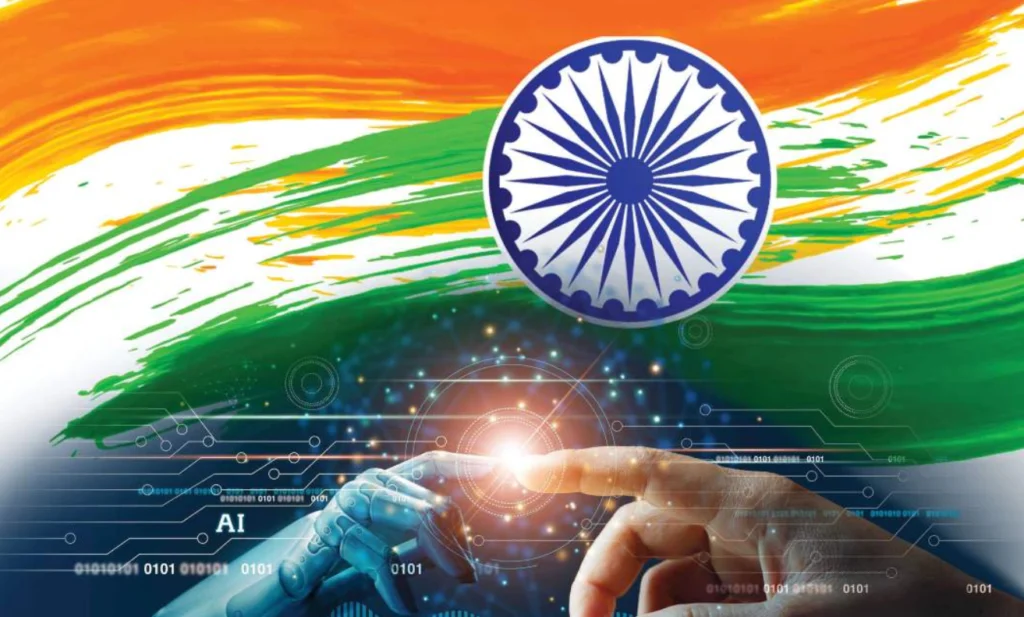Minister Ashwini Vaishnaw said India is developing regulations against AI deepfakes, and the draft will be available in the coming weeks.

Minister for Railways, Communications, Electronics, and Information Technology Ashwini Vaishnaw announced on November 23 that India is developing regulations to regulate deepfakes, expanding on Prime Minister Narendra Modi’s statement the day before regarding his concerns about the technology.
Reuters reports that Vaishnaw stated the Indian government intends to complete the regulation draft in the coming weeks, per discussions with academicians, industry associations, and social media firms.
Deepfakes are convincing and realistic audio or video recordings generated by artificial intelligence (AI) that alter or substitute the voice and appearance of an individual from an existing video or audio sample.
Ahead of the G20 virtual summit, Modi issued preliminary remarks in which he implored world leaders to work together to regulate artificial intelligence and expressed concern over the adverse societal effects of deepfakes.
According to the report by Vaishnaw, the regulatory drafting process will consider penalties for both the social media platform and the user who uploaded the content. This development occurs as governments worldwide scramble to establish regulations to govern AI.
President Joe Biden of the United States issued an executive order in October mandating that developers of artificial intelligence (AI) systems that may jeopardize the economy, public health, national security, or safety of the United States must disclose the outcomes of safety tests to the U.S. government before their public release.
Legislators in Europe have drafted proposed rules for possible approval the following month, and the United Nations has established a 39-member advisory body to address governance challenges in artificial intelligence.
In November, the Canadian Security Intelligence Service, Canada’s principal national intelligence agency, expressed apprehension regarding using AI deepfakes in disinformation campaigns executed via the internet.
Political commissar of the Network Security Bureau Jinfeng Sun disclosed in August that 79 cases of fraud involving deepfake AI, including impersonation via digital face-swap, had occurred, resulting in the apprehension of 515 individuals. In light of this, the Chinese police announced a heightened scrutiny of the Web3 sector in August.
